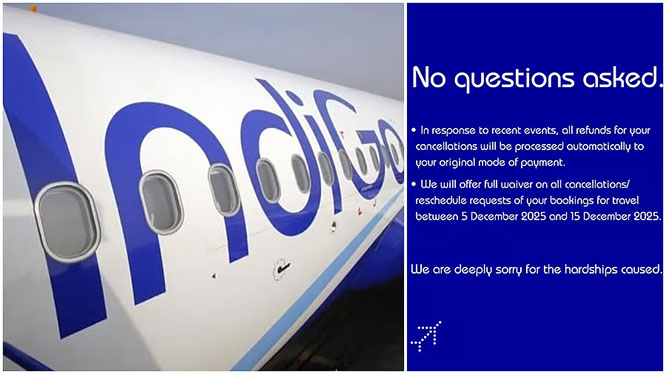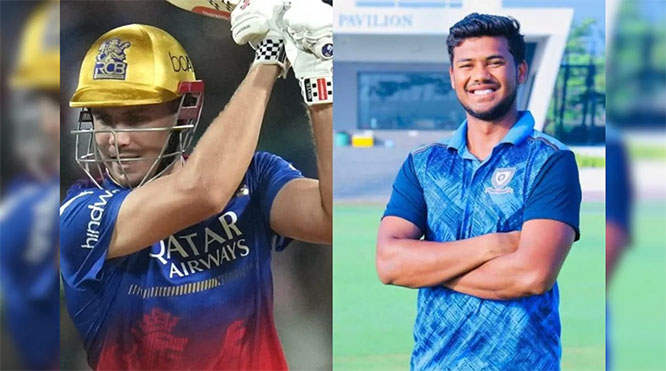
A persistent cough, sometimes accompanied by fever, running through India for the past two-three months is due to Influenza A subtype H3N2, ICMR experts said.
The H3N2, which has been in wide circulation for the past two-three months, causes more hospitalisations than other subtypes, said Indian Council of Medical Research (ICMR) scientists who keep a close watch on ailments caused by respiratory viruses through the Virus Research and Diagnostic Laboratories network.
They have also suggested a list of Dos and Don'ts for people to follow to protect themselves from contracting the virus.
The Indian Medical Association (IMA), on the other hand, has advised against indiscriminate use of antibiotics amid rising cases of cough, cold and nausea across the country.
Seasonal fever will last five to seven days, it said.
The fever goes away at the end of three days but the cough can persist for up to three weeks, the IMA's Standing Committee for Anti-Microbial Resistance said.
Viral cases have also surged due to air pollution, it said, adding that it mostly occurs in people aged below 15 and above 50 and causes upper respiratory infections along with fever.The association also asked doctors to prescribe only symptomatic treatment and not antibiotics.
"Right now, people start taking antibiotics like Azithromycin and Amoxiclav etc, that too without caring for done and frequency and stop it once start feeling better. This needs to be stopped as it leads to antibiotic resistance. Whenever there will be a real use of antibiotics, they will not work due to the resistance," the IMA said in a statement.
The most misused antibiotics are Amoxicillin, Norfloxacin, Oprofloxacin, Ofloxacin and Levofloxacin. These are being used for the treatment of diarrhoea and UTI, it said.
"We have already seen widespread use of Azithromycin and Ivermectin during Covid and this too has led to resistance. It is necessary to diagnose whether the infection is bacterial or not before prescribing antibiotics," it said.








Comments
Add new comment